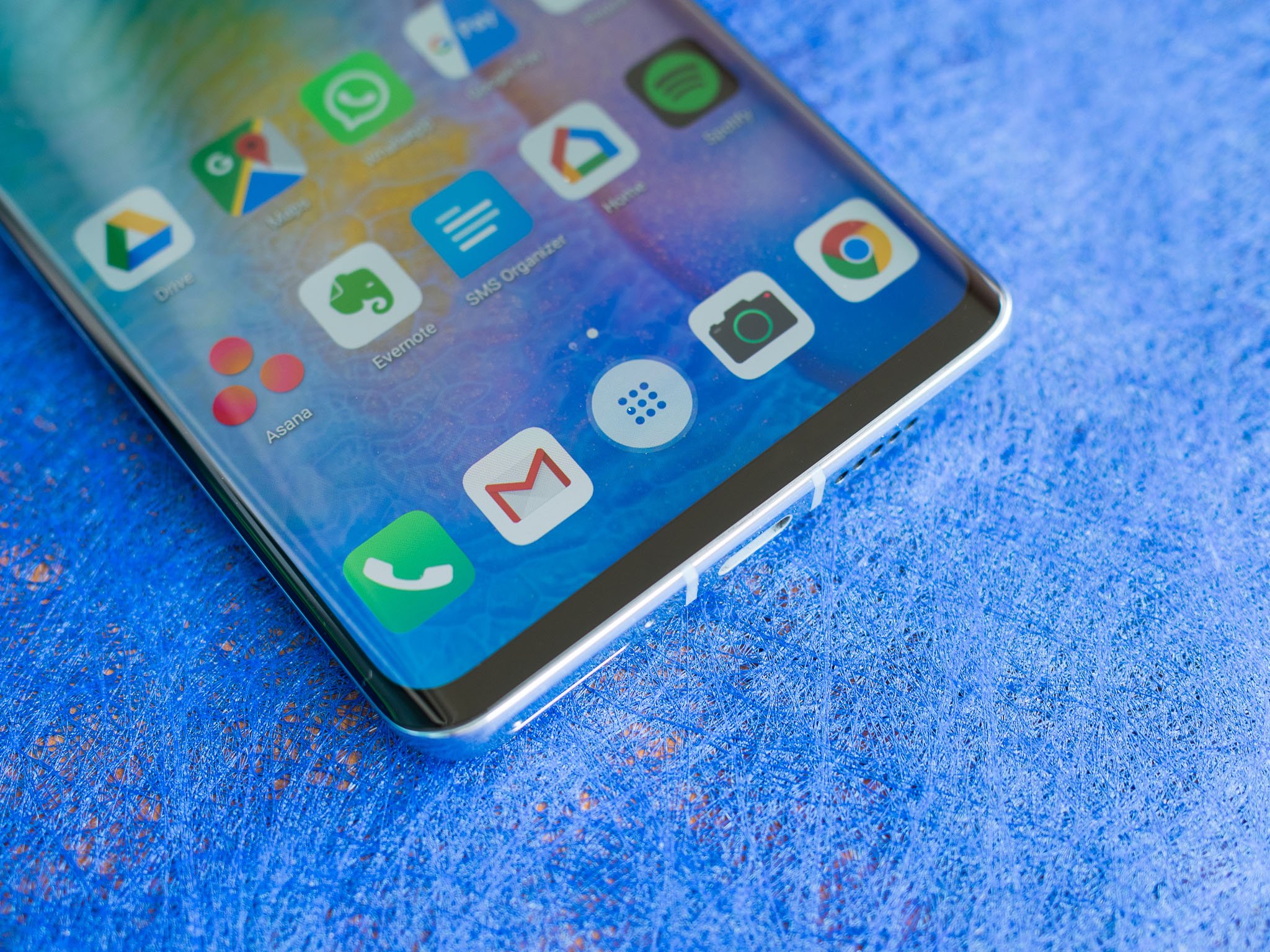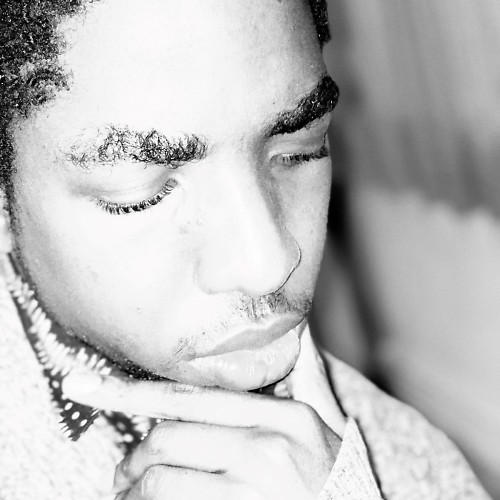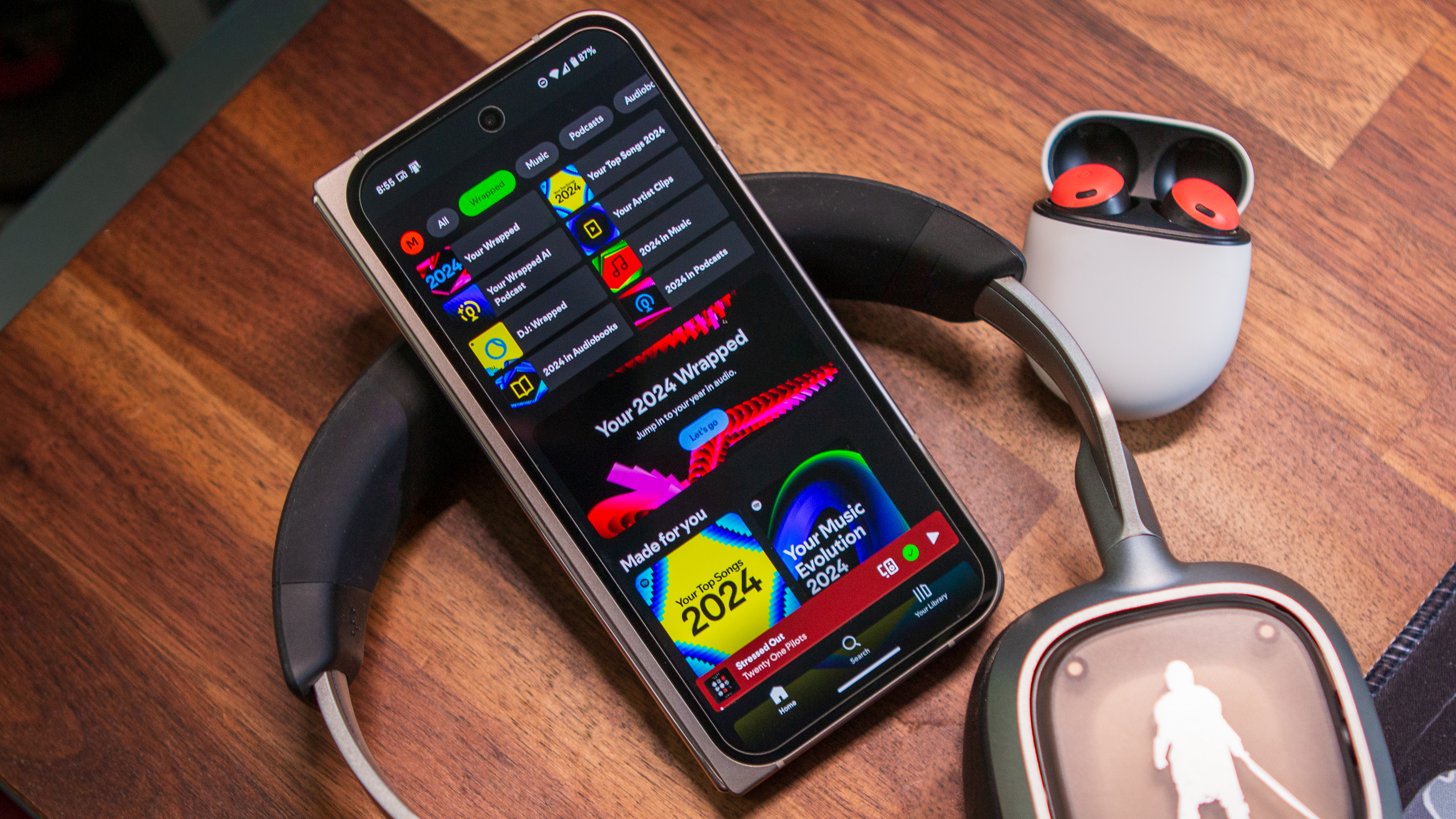Huawei wants to pay developers more money to develop for its App Gallery

What you need to know
- Huawei is offering to pay developers a little more than standard profit-sharing agreements.
- It is willing to take as little as 15% to 0% from developers for up to 24 months.
- The agreement only valid if they sign up before June 2020
Huawei has promised to pay developers a little bit more if they build apps for it's App Gallery over the next few months. While app developers in the Google Play Store and App Store often offer Apple and Google a flat 30% of their profits, Huawei is letting developers keep anything from 85% to all of their profits for 24 months.
To break it down, normally Huawei's App Gallery is subject to the same 30:70 profit sharing ratio as Apple and Google, with the exception of education focused apps that have a more favorable 20:80 ratio.
Under Huawei's new program, for the first 12 months, Huawei will let all app categories but gaming keep all their app revenue. For the next 12 months, it'll take 10% of profits from apps in the education category, and 15% from other app categories. Gaming will be a flat 15% rate in all periods.
For developers, that's enough time to see if the App Gallery would be able to stand on its own. It's also a nice little side business for developers of apps already in the Google Play Store.
From GizmoChina:
Huawei is calling it the Revenue Share Percentage for the Preferential Policy and it is valid for 24 months and it is valid from when developers accept the agreement before June 30, 2020. The preferential policy becomes effective the first day of the next month after you agree to the policy for developers who had previously signed the AppGallery Joint Operations Sevice Agreement. For those who have not signed the AppGallery Joint Operations Sevice Agreement, the preferential policy begins the same month. Both categories of developers have until June 2020 to benefit from the preferential policy.
Huawei, now no longer able to rely on the Google Play Store, has to go its own way. The firm has already started this to some extent. The Mate 30 Pro was launched without any Google Play Apps, and some reports are insisting Huawei is contemplating getting rid of the Google Play dependency in the future, even if the U.S. ban is lifted.
This sweetheart deal for developers is one of Huawei's first collisions with reality. Let's see how it plays out.
Get the latest news from Android Central, your trusted companion in the world of Android

